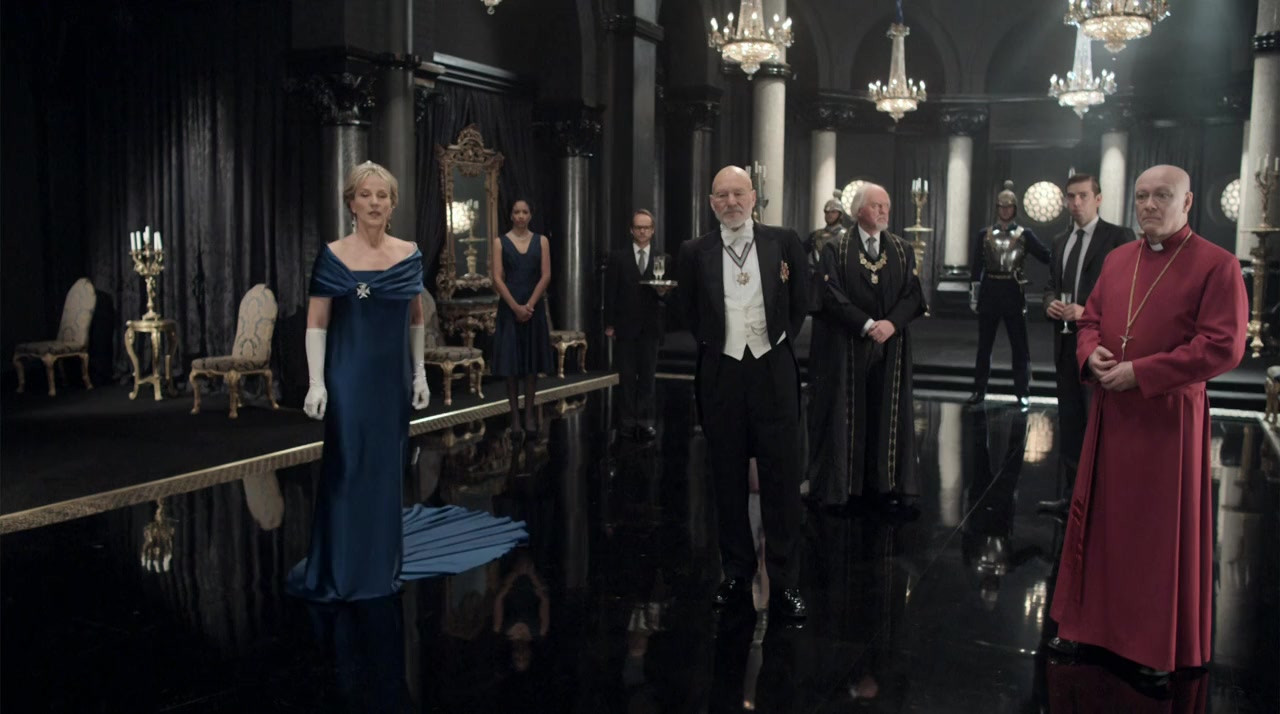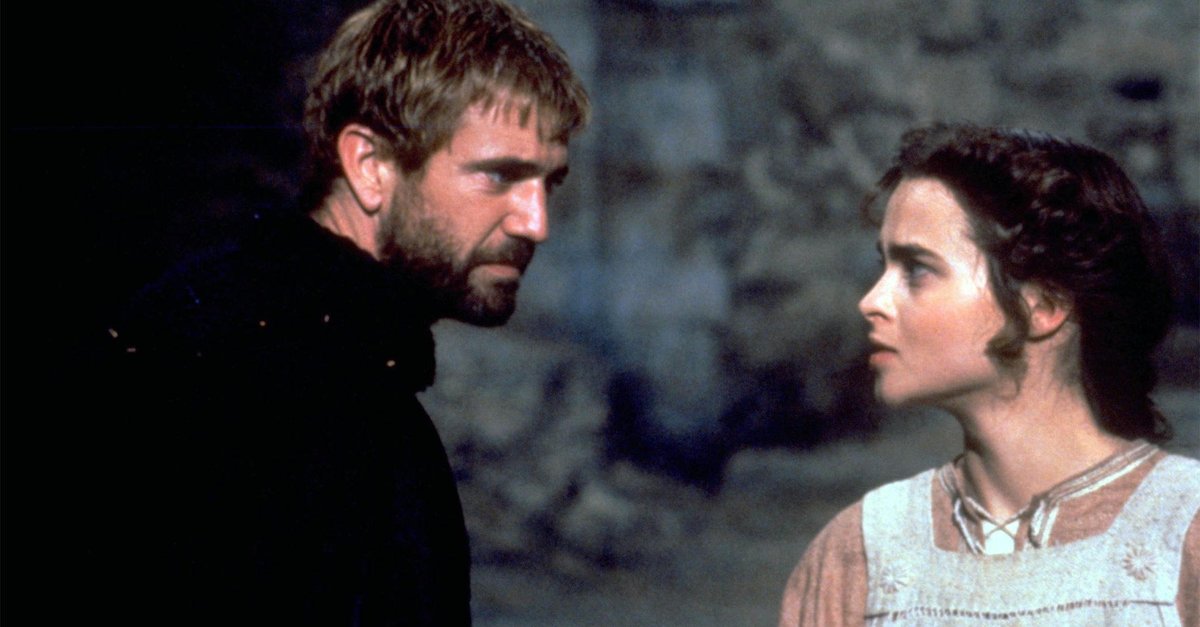
He resolutely feigns madness, gives up his love for Ophelia and kills the obnoxious Polonius.

The film is also full of treachery, intrigue and violence as Hamlet seeks revenge. Today, our struggles come under the heading of stress, and we are often as indecisive as Hamlet in resolving our problems. Hamlet’s indecisiveness and ambivalence following the disclosure by his father’s ghost are reflected in his much-quoted soliloquy: “To be, or not to be, that is the question.” Of significance, modern audiences can relate to Hamlet’s agonizing problems. Zeffirelli’s HAMLET admirably captures Hamlet’s struggles to avenge his father’s murder. In Hamlet’s discourse with Guilderstern and Rosencrantz, for example, Hamlet echoes Psalm eight: “What a piece of work is a man, how noble in reason, how infinite in faculties, in form and moving, how express and admirable in action, how like an angel in apprehension, how like a god! The beauty of the world the paragon of animals.” One of Shakespeare’s most outstanding tragedies, HAMLET is overflowing with marvelous, memorable lines–each pregnant with meanings that capture the heart, mind and soul of the viewer. Also established in this scene is Hamlet’s agonizing relationship with his mother who has become “my father’s brother’s wife” when Hamlet’s father has been dead only two months. Thus, the new king’s line, “Think of us as a father,” is pregnant with meaning.

Zeffirelli’s HAMLET touches the story’s heart in its opening scene of the old king’s funeral. In this case, Franco Zeffirelli directs Mel Gibson as the melancholy Dane, Alan Bates as the scheming Claudius, Glenn Close as his gullible, deceived mother, and thus gives us a masterpiece!

Horatio’s parting words to the Prince of Denmark, “Good night, sweet Prince, And flights of angels sing thee to thy rest,” bring to a close yet another version of HAMLET.


 0 kommentar(er)
0 kommentar(er)
